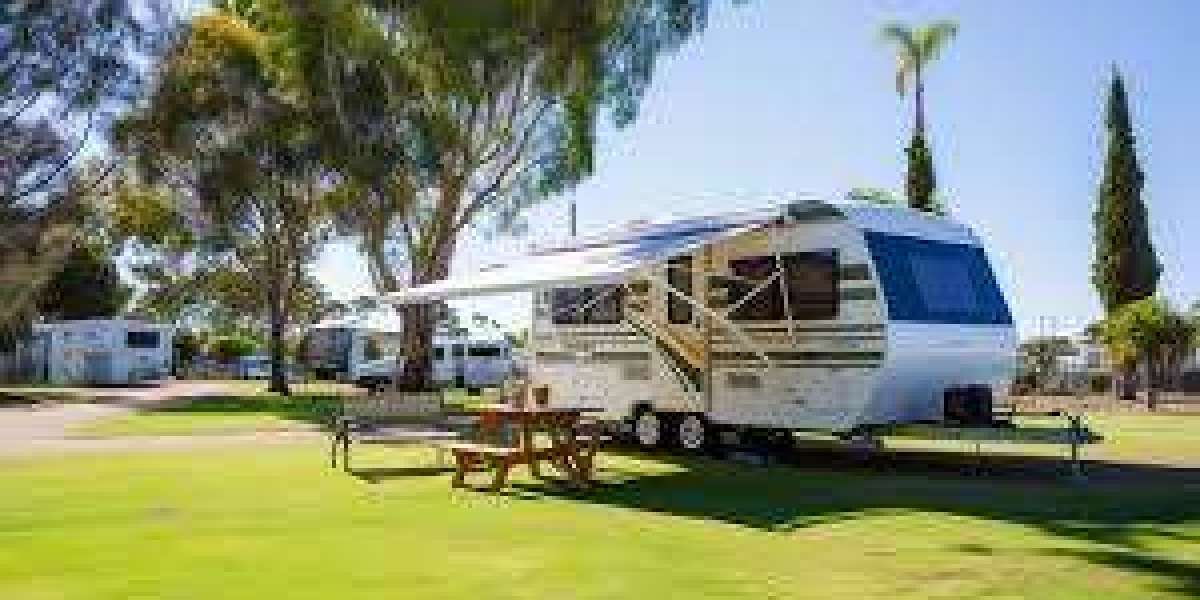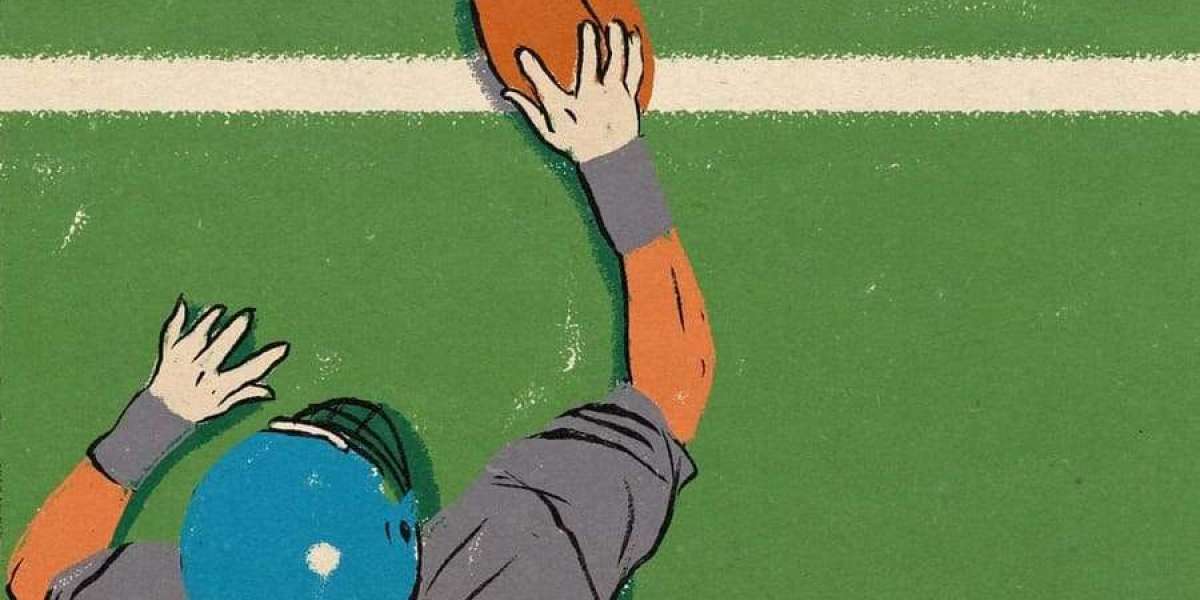A caravan is a fantastic way to travel, offering flexibility, convenience, and a home on wheels. However, like any vehicle, it requires regular maintenance to ensure its longevity and safety. Ignoring early signs of wear and tear can lead to expensive repairs down the line and could even compromise your safety on the road. So, how can you tell when your caravan needs repair? Here are some key signs to watch out for, ranging from obvious to subtle.
1. Unusual Noises or Vibrations While Driving
One of the most common signs that your caravan may need repair is unusual noises or vibrations when you are on the road. This could be caused by a variety of issues, such as a problem with the wheel bearings, suspension, or even the chassis.
- Wheel Bearings: Worn-out wheel bearings are a common problem in caravans. If you hear a grinding or squealing noise while driving, particularly when you turn, this could indicate that the wheel bearings need to be replaced.
- Suspension Issues: If your caravan feels bumpy or unstable on smooth roads, it could be a sign of suspension problems. Damaged or worn suspension can not only make your ride uncomfortable but also increase the risk of accidents.
- Loose Components: Check for any rattling or clunking noises. Loose bolts or other components could be the source, which might need tightening or replacement to avoid further damage.
2. Leaks and Water Damage
Caravans are prone to leaks, especially around windows, doors, and seams. If you notice water inside your caravan or find damp spots, it’s a sign that your caravan might need immediate attention.
- Damp Smell or Mould: If your caravan has a musty odor or you spot mold growing on the walls, ceilings, or floors, it’s a clear sign that water has seeped in. Dampness can cause extensive damage to the internal structure, leading to costly repairs if left untreated.
- Discolored or Soft Walls/Flooring: Water damage can weaken the caravan's interior, causing soft spots on walls and flooring. If you notice any discoloration, swelling, or spongy textures, it’s a sign that water has infiltrated and repairs are necessary.
3. Electrical Problems
Your caravan’s electrical system is essential for running lights, appliances, and other devices. If you notice issues with the electrical system, it could signal the need for repair.
- Flickering Lights: If the lights inside your caravan flicker or dim unexpectedly, this could be due to faulty wiring, blown fuses, or problems with the battery. Electrical problems should be addressed immediately to avoid fire hazards.
- Non-Functioning Appliances: If your fridge, stove, or other electrical appliances suddenly stop working, the issue may lie in the caravan’s wiring, power supply, or individual components. An expert can assess the situation and suggest necessary repairs.
- Battery Issues: If your battery is not holding a charge, or drains faster than usual, it might be time for a replacement or to have the charging system checked.
4. Problems with Tires
Tires are an essential component of your caravan, and they bear the brunt of the weight and terrain during travel. Ignoring tire issues can be dangerous, leading to accidents or breakdowns.
- Uneven Tire Wear: If you notice that your tires are wearing unevenly, this could indicate issues with the alignment, suspension, or axle. Tires that wear unevenly will need to be replaced more frequently, so it’s important to fix the underlying problem.
- Bald or Cracked Tires: Over time, caravan tires can become worn, bald, or develop cracks due to weathering and regular use. If your tires are old or damaged, they should be replaced to ensure safety on the road.
- Low Tire Pressure: Frequent drops in tire pressure can indicate a slow puncture or a problem with the valve. Driving with under-inflated tires can be dangerous, affecting handling and increasing the risk of a blowout.
5. Brake Issues
Your caravan’s brakes are vital for safe driving, particularly when towing. If you experience any issues with braking, it’s a sign that your caravan needs repair.
- Longer Stopping Distances: If your caravan takes longer than usual to stop or feels sluggish when braking, it could indicate worn brake pads, low brake fluid, or a problem with the brake system. Delayed braking can be dangerous, especially when towing heavy loads.
- Squeaking or Grinding Sounds: Strange noises when you apply the brakes are a sign that the brake pads or discs are worn out and need replacement. Ignoring these sounds could result in more serious damage to the brake system.
6. Exterior Damage
The outer shell of your caravan is designed to protect it from the elements and ensure its structural integrity. Damage to the exterior should not be overlooked, as it can lead to more severe problems down the line.
- Cracks in the Bodywork: Cracks or splits in the caravan’s bodywork can allow water and moisture to seep in, causing internal damage. It’s important to repair any cracks as soon as possible to prevent water ingress.
- Peeling Paint or Rust: Rust spots or peeling paint on the caravan’s exterior are signs of wear that, if left unchecked, can deteriorate further. Rust can weaken the caravan’s structure, and peeling paint exposes it to more damage from the weather.
7. Faulty Windows and Doors
Windows and doors are key components in your caravan, providing ventilation and security. If they stop functioning correctly, it’s a clear sign that repairs are needed.
- Difficulty Opening or Closing: If your caravan’s windows or doors are difficult to open or close, this could be due to warping, damage to the hinges, or misalignment. These issues can compromise your caravan’s security and lead to drafts or water leaks.
- Broken Seals: The seals around windows and doors can wear out over time, allowing water and air to get in. Broken seals should be replaced to prevent leaks and maintain insulation.
8. Gas System Issues
Many caravans rely on gas for cooking, heating, and refrigeration. Any issues with the gas system should be taken very seriously due to the potential safety risks involved.
- Strange Smells: If you smell gas inside or outside the caravan, it could indicate a leak in the gas system. This is a serious issue that requires immediate attention to prevent accidents or explosions.
- Faulty Appliances: If your gas-powered appliances are not working correctly, or if you notice uneven heating, it could indicate a problem with the gas supply or equipment. Have a qualified technician inspect and repair any gas-related issues.
Conclusion
Your caravan is an investment, and taking care of it ensures that it will provide you with years of reliable service. By paying attention to these signs—ranging from strange noises and vibrations to electrical and gas system problems—you can catch issues early and avoid more costly repairs in the future. Regular inspections and maintenance are key to ensuring your caravan remains safe, functional, and comfortable for all your adventures. If you notice any of these signs, don’t hesitate to seek professional assistance to keep your caravan in top shape.








